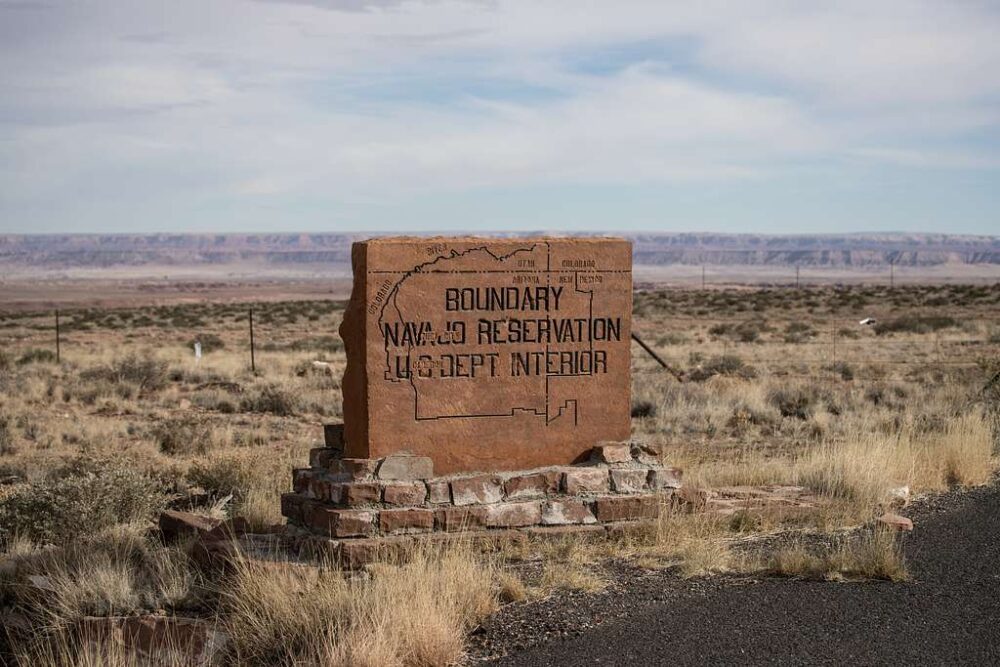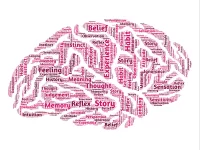The historical and current exploitation of resources, systemic oppression, and forced assimilation that has been part of the colonization of indigenous homelands have taken an enormous toll on the health of indigenous communities around the world. Today, modern healthcare in colonized lands is not fulfilling its responsibilities to provide indigenous people with equal access to culturally-appropriate healthcare or to support their efforts to psychologically heal from colonialism.
“Unfaltering recognition of an indigenous population’s culture and land and of the harms the colonizer society has caused can have a great impact on an indigenous community’s welfare.”
Some of the major factors affecting indigenous mental health today are: intergenerational trauma, financial hardship and economic marginalization, poor physical health, suppression of culture and language, and continued discrimination. A study by Suzanne Stewart at the University of Toronto found that there are disproportionately high rates of mental health problems in Native communities in Canada. Stewart, who investigated Native counselors’ (from First Nations and Métis communities) perspectives on mental health care, found that “healing from colonialism is a major mental health issue for Native clients today.”
Why it is critical to look outside of the Western biomedical framework
Adequate mental health care for indigenous people — or anyone, for that matter — requires a concerted effort to understand the patient’s culture, view of health, and lifestyle in order for communication with the health care practitioner and treatment strategies to be effective.
The dominance of the Western biomedical framework in colonized lands and global health care initiatives has largely disregarded indigenous peoples’ own tenets of wellness. The Western view of health care centers the individual, revolving around diagnosis, medication, and hospitalization. It also separates the care of different kinds of health among different specialists and treatments, prioritizes physical health, and sees the patient’s sociocultural context as irrelevant to the methods of treatment.
“Culturally-relevant mental health care is not only a health issue; it is a social justice issue.”
Each culture faces unique health challenges, whether they are based in biology, environment, lifestyle, historical challenges, or modern socioeconomic conditions. On top of this, each culture has developed different understandings of what factors affect each aspect of one’s health and different methods of healing. The brain’s circuits are sculpted by its environmental influences, including culture, and will most easily understand and respond to culturally-specific methodologies.
Culturally-relevant mental health care is not only a health issue; it is a social justice issue. Jerome Wright and Janaka Jayawickrama at the University of York suggest that Western-led international health organizations sidelining indigenous traditions in favor of promoting biomedical treatments is a form of modern colonialism. In the 2006 book “Healing the Soul Wound: Counseling with American Indians and other Native Peoples,” Native American psychologist Eduardo Duran agrees, asserting that “The therapist’s insistence on imposing a different worldview on the patient can be understood as a form of violence against the patient’s knowledge life-world.”
What we can learn from existing research on indigenous communities
Past research about some indigenous communities around the world can teach us about different perspectives of and needs in health care.
Interviews with five counselors (First Nations and Métis) who worked for an indigenous community health agency in Canada revealed that finding or strengthening one’s cultural identity as well as being part of and having interdependent relationships within a Native community were some of the most important factors for the mental health and healing of their patients. Equally important was taking a holistic approach to health, meaning equally caring for a patient’s physical, emotional, mental, and spiritual health using diverse methods and resources.
A similar study based on interviews with First Nations elders and traditional healers learned that “each person seeking traditional healing receives individualized traditional healing practices to meet their needs,” which differs from the Western practice of typically recommending the same treatment to all who receive the same diagnosis.
The leaders interviewed also expressed an interest in learning about brain injury detection and treatment from the Western perspective and integrating indigenous and Western theories and methods in the treatment of people with brain injuries. Though, it is important to respect that people part of the same indigenous community may have very different ideas about what they desire from mental health care and how much involvement with Western health professionals they are comfortable with.
In New Zealand, Māori psychiatrist and professor Hinemoa Elder explored the beliefs of indigenous Māori people regarding the treatment of traumatic brain injury in children and young adults. Discussions in traditional Māori meeting houses in remote, rural, and urban environments around New Zealand showed that spirituality, the support of whānau (extended family), and connection to identity through place and community are highly important for healing. Māori people believe that a traumatic brain injury constitutes an injury to the patient’s wairua, or spiritual connection to the universe, and that it triggers memories of past traumas. By impacting the patient’s wairua, the injury activates ancestral knowledge, beliefs, and practices that can aid in the healing process. It also makes an imprint on the patient’s genealogy, which will be passed down.
In much of sub-Saharan Africa, including southern Malawi where Wright and Jayawickrama worked, the ancient African philosophy and value system of Umunthu guides beliefs about mental well-being. The word Umunthu comes from a Zulu saying, “Umuntu Ngumuntu Ngabantu,” which means “a person is a person because of, or through others.” Umunthu is manifested in daily life through viewing the experience and well-being of the individual as inextricable from the experience of the collective. Malawians believe that a mental disorder perturbs the Umunthu that lives within each person; in other words, the affliction causes a fracture in the individual’s connection with their community, which a traditional healer must remedy.
In Australia, a team from the University of Queensland and James Cook University learned that due to the significance of family and culture for group well-being among Aboriginals, there is a widespread grief for and fear of loss of family “seen through the impact of the stolen generations, suicide, early death, and incarceration.” The stolen generations were Aboriginal and Torres Strait Islander children who were forcibly taken from their families between 1910 and the 1970s. Similar institutions — known as residential schools — were present in Canada from 1883 to the late 1990s and in the U.S. from 1819 to 1969. (This was at least when the federally-supported institutions existed.) These “schools” removed children from their homes to assimilate them through abusive means. Aboriginals also express an acute sense of loss of community through diminishing traditions and spirituality brought on by colonization and continuing government policies.
A program or policy doesn’t have to have the exclusive or even main goal of improving indigenous mental health in order to be effective in this regard. Unfaltering recognition of an indigenous population’s culture and land and of the harms the colonizer society has caused should be an obvious guiding principle of a nation’s government — following it can have a great impact on an indigenous community’s welfare even though it is not health-related on its surface. The livelihood of the Sámi people of northeastern Europe revolves around reindeer herding, so a program that works to improve the conditions of the practice could also have a great impact on Sámi wellbeing. A government can also indirectly support indigenous mental health by subsidizing traditional healers just as they do biomedical health workers.
Where to go from here
In order to incorporate culturally-appropriate mental health care for indigenous populations into Western medical systems, ethical research and collaboration with indigenous groups is needed.
Researchers should use methods that, as much as possible, reduce their biases during data collection and interpretation. Incorporating participants in the synthesis and analysis of data can further ensure that the researchers correctly understood them and will relay credible information to the scientific community in their writings. Listening to participant needs and wants, keeping promises, and maintaining a relationship are key to a trusting and sustainable collaboration between researchers and the cultures they work with. Indigenous groups may be wary of someone from the majority culture entering the home of or trying to gain information from them for their own supposed “benefit” if they or their ancestors have been lied to in similar situations throughout history.
What would go a long way to support reciprocal learning between Western researchers and indigenous communities would be the creation of more opportunities and funding for indigenous researchers. Another perspective to consider is that a formal Western research study is not necessary to validate indigenous methods of healing.
To support indigenous health, majority cultures in colonized regions should work to destigmatize traditional methods of healing and support indigenous healthcare initiatives, including financially. People of all cultures can greatly benefit from culturally-informed methods of treatment, and the more cultures from which we learn traditional methods of healing the mind and brain, the more avenues of improvement patients of all cultures stand to gain.
Image courtesy of the Library of Congress






